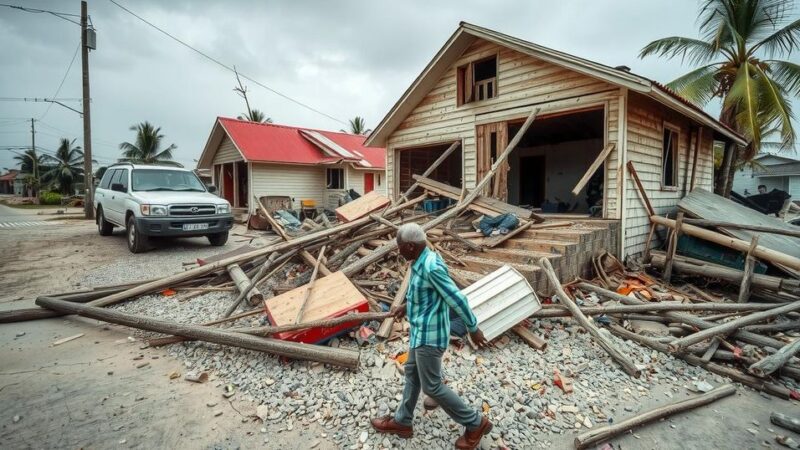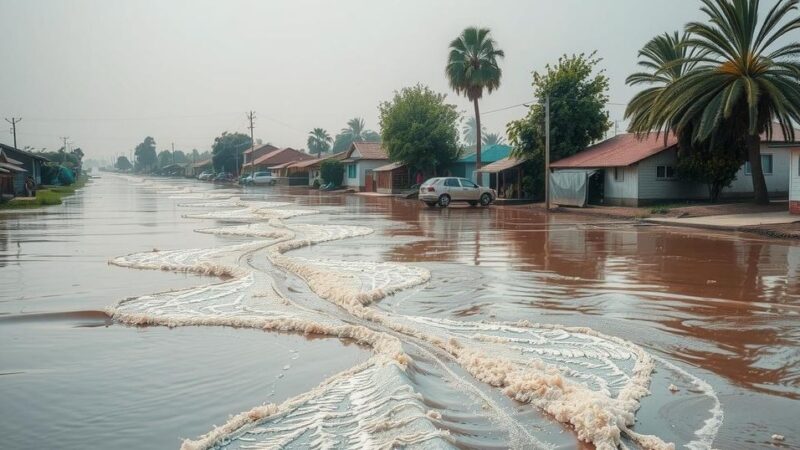At U.N. climate talks in Azerbaijan, wealthy nations pledged $300 billion annually by 2035 to assist developing countries with climate change impacts and energy transition. However, this falls short of the $1 trillion annually needed, leading to dissatisfaction among developing nations regarding the deal.
At the recent U.N. climate talks held in Azerbaijan, a significant climate agreement was reached just in time. Wealthy nations have committed to providing $300 billion annually by the year 2035. This fund aims to assist developing countries in addressing the challenges posed by climate change and supporting their transition towards greener energy solutions. However, this financial pledge falls considerably short of the $1 trillion per year that experts have indicated is necessary to effectively tackle these pressing issues.
The discussions at the climate summit involved numerous stakeholders, emphasizing the urgent need for comprehensive financial support to enable developing nations to mitigate climate impacts and adopt sustainable practices. Manish Bapna, an influential figure in these discussions, shared insights on the particulars of the agreement and the reactions stemming from it, indicating a sense of dissatisfaction among developing countries regarding the structure and adequacy of the financial commitments made by wealthier nations.
The recent climate talks at the U.N. in Azerbaijan were pivotal in addressing global climate issues. Negotiators worked against the clock to establish an agreement that would provide significant financial aid to developing nations, which are often disproportionately affected by climate change. This summit follows many prior discussions focusing on climate financing and the overarching goal of limiting global temperature increases. As climate change continues to pose existential challenges, the effectiveness and sufficiency of financial support become central themes in negotiations, highlighting the divide between the capabilities of developed and developing countries.
In conclusion, while a climate deal has been established to aid developing nations through a pledge of $300 billion per year until 2035, many argue that this amount is insufficient. The stated need of $1 trillion per year underscores the ongoing struggle for equity in climate responsibilities. The dissatisfaction expressed by developing nations suggests that more substantial commitments are necessary to combat the climate crisis effectively and support transitions to cleaner energy worldwide.
Original Source: watch.montanapbs.org







